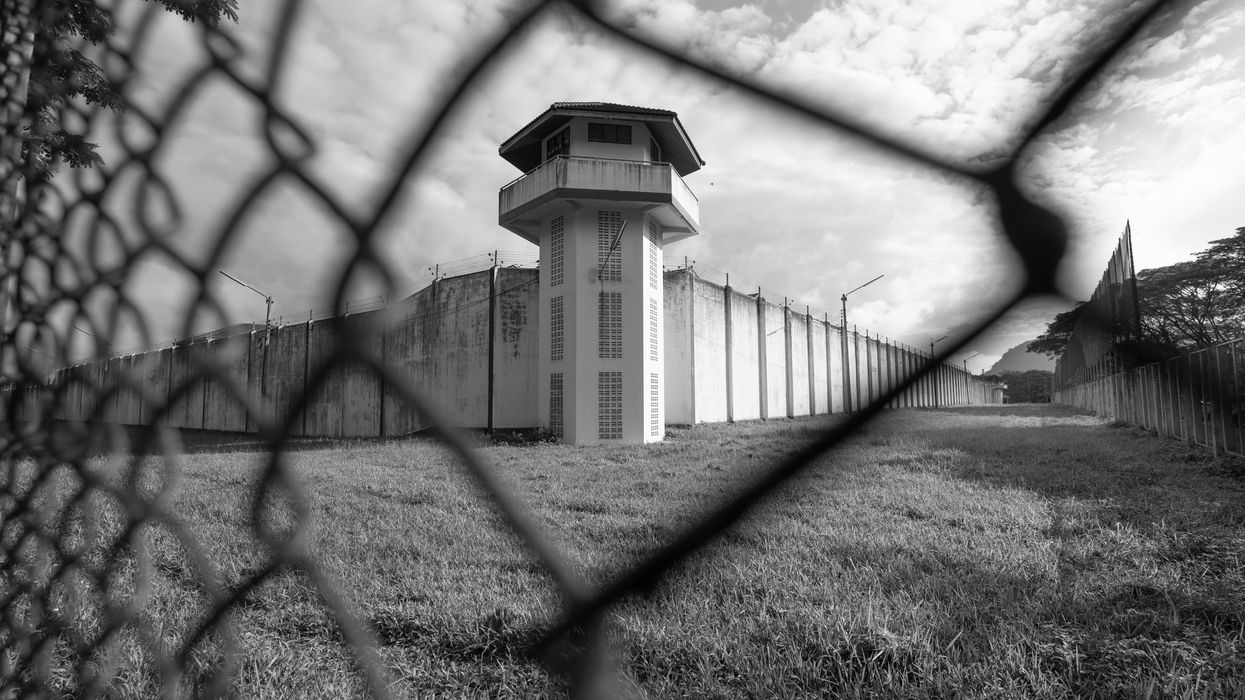The turmoil that coronavirus has exacerbated is shining a spotlight on such previously under-discussed topics as race, inequality and the criminal justice system. Yet at least one critical source of systemic inequality is still not getting attention: the fundamentally unfair practice of prison gerrymandering.
Only nine states have done away with this practice. There is still a little time for more to join them before all the nation's political lines are redrawn for the coming decade, the comprehensive redistricting that will start next year when population count details from the census are reported.
There are several clear but troubling aspects to the prison population. First, it is disproportionately people of color. Two years ago 56 percent of the people incarcerated were Black or Hispanic, with Black men six times more likely and Hispanic men almost three times as likely to be behind bars as white men.
Prisoners of all kinds also earn much less prior to imprisonment than their non-incarcerated counterparts, and they suffer from high rates of coronavirus, mental illness, addiction problems and histories of abuse.
Clearly, addressing all the needs of these disadvantaged people is hindered by the fact that they have very limited political influence. Or do they?
More than 2 million Americans are behind bars, yet their political influence continues to haunt the legislative districts where they are incarcerated. These "ghost" constituents are a product of prison gerrymandering.
Prison gerrymandering is when incarcerated people are counted, for redistricting purposes, as residents of the area where they are being housed instead of where they lived prior to prison. This inflates the populations of the mainly rural towns and counties where the prisons are, increasing their political influence. But incarcerated people are rarely viewed as genuine constituents by the elected officials who benefited from this mapmaking trickery.
The Census Bureau has counted inmates as prison residents since 1850 and now legitimizes prison gerrymandering through its "usual residence" rule, which says people should be counted where they live and sleep most of the time. But this rarely helps the mostly urban areas that incarcerated people call home. It skews data on household income, poverty and other socioeconomic measurements, generally making the cities look a bit wealthier than they actually are — and making places with prisons look more impoverished than they actually are.
Correcting this is important now, because otherwise the allocation of more than $600 billion in federal funding over the next decade will be unfairly askew.
If prisoners were counted in their hometowns, those places would get more aid targeted to low-income communities — money that might help them emerge from multi-generational stretches of high incarceration as well as poverty.
At the same time, communities with prisons are also suffering. When the decline in farming and manufacturing spread economic stress across rural America in the 1980s, building penitentiaries looked like an economic lifeline. It has not turned out that way.
Locals did not get construction jobs because they lacked the right skills and union cards. Correction officers were brought in from miles away. Low-skill jobs that had been filled by locals got handed instead to prisoners making 40 cents an hour. And other companies decided they did not want to put their factories or call centers next to prisons.
So who are the beneficiaries of prison gerrymandering? Rural legislators, more than anyone.
They have had the power to draw lines embracing their most loyal constituents on the outside, perpetuating themselves in office without much responsibility for addressing the needs of their temporary constituents on the inside. (They do note, however, that the status quo allows them to more easily fight for funds to keep roads and services moving toward the prisons.)
There's little doubt that power and partisanship play a larger role than many admit in keeping things as they are. As a general rule, city lawmakers are as reliably Democratic as rural legislators are lopsidedly Republican, and politicians in both parties will almost always revert to opportunistic power-grabbing whenever the rules benefit them best.
Note how all the states that have ended prison gerrymandering are for now reliably blue: Virginia, Colorado and New Jersey did so this year, with Nevada and Washington last year and California, Delaware, Maryland and New York before that. Opportunities exist for purple and red states to join them open when legislatures convene in the new year.
Prison gerrymandering is one way of taking power from one disadvantaged community and giving it to another disadvantaged community. Prisons haven't revitalized rural America, incarcerated people are being told they officially live in places where they have no political voice, and urban communities are being deprived of political power and critical resources.
Perhaps this unfairness is perpetuated because prisoners get branded as undeserving. Taking away their voice is a reinforcement of their disempowerment — a reminder they can't have a voice, either back home or where they are behind bars. Whatever the fate of the debate about the political rights of prisoners, we should also debate whether it's right to deprive their home communities. There is no doubt that criminals should pay their debt to society, but the payment of that debt has nothing to do with the process of prison gerrymandering.
It is time that we recognize this injustice for what it is — a perpetuation of systemic dysfunction.



















Marco Rubio is the only adult left in the room